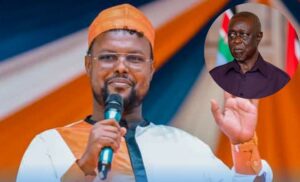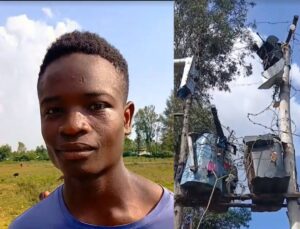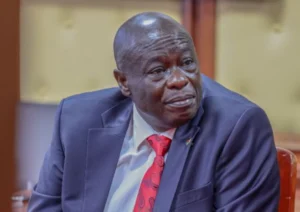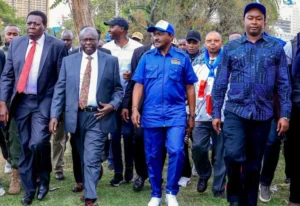China and Philippines agree to promote bilateral relationships for the benefit of the Two countries in terms of highly ranked developmental strategies.
Multiple deals were signed between China and the Philippines under China’s Belt and Road Initiative in areas such as agriculture, infrastructure, finance, e-commerce, and tourism.
Hosting Philippine President Ferdinand Marcos Jr. In Beijing, Chinese President Xi Jinping said that there is still huge potential for Cooperation between the two Countries.
President Xi said China is willing to work on marathon disputes through friendly consultations with the Philippines to resume negotiations on oil and gas development in undisputed areas, and to carry out cooperation of renewable energies.
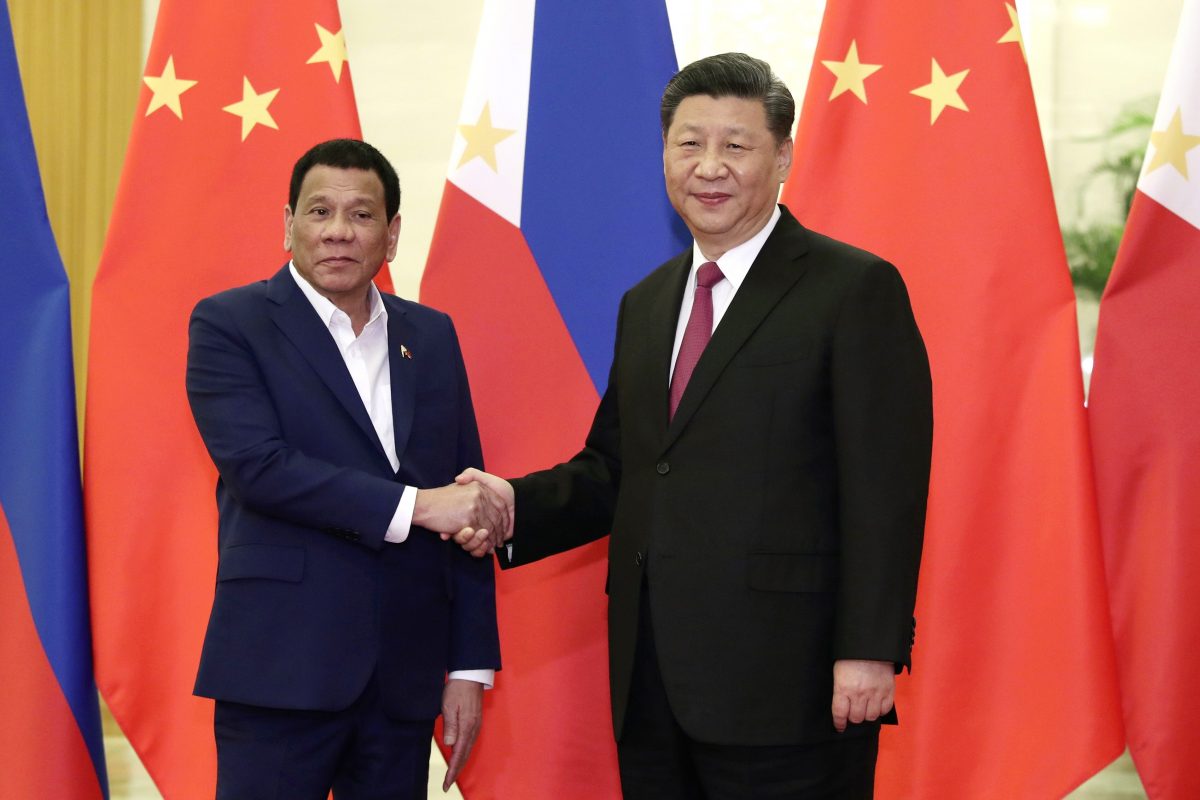
China will also continue to import more high-quality Agricultural and Fishery products from the Philippines, and at the same time support Chinese investments in the country.
Chinese President #XiJinping holds welcome ceremony for Philippine President Marcos #Philippines #China https://t.co/xZY5AJl00r pic.twitter.com/fWa28zemfd
— CCTV+ (@CCTV_Plus) January 4, 2023
President Xi also spoke of his appreciation for former President Marco’s father the current president who helped to initiate bilateral relations 48 years ago.
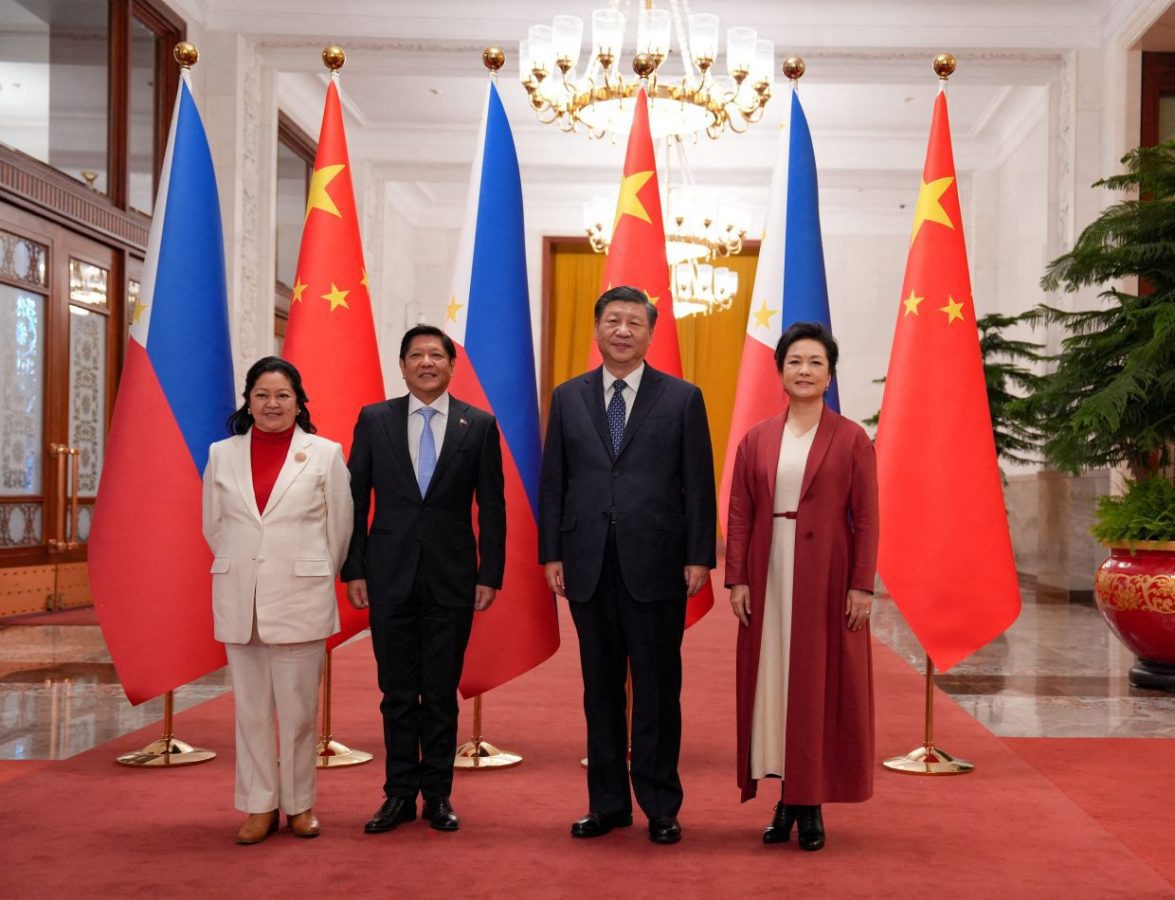
President Marco Jr. Who was making his first bilateral visit to a non-Asian country said that the Philippines attaches great significance to those ties with China, president Marco said, China is the Philippines’ greatest partner and nothing can prevent the friendship and development between China and the Philippines.
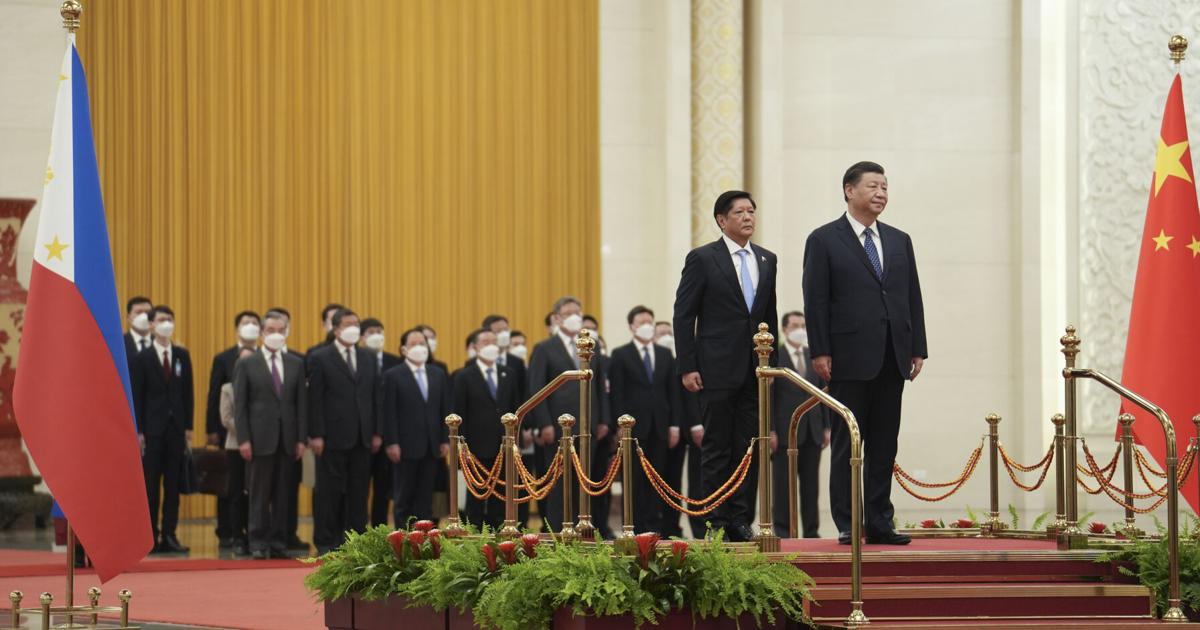
He also expressed appreciation for China’s help offered during the Covid-19 pandemic period. He added that the Philippines is wide open to Chinese Tourists and he is looking forward to more people, to people exchanges.
Read Also:Mongolia and China Agree to Enhance Bilateral Ties
China and the Philippines have entered what’s been called a golden age of bilateral relations. They have consolidated ties over the years, cooperating on nearly 40 projects under China’s belt and road initiatives. And the Philippines build a better program.
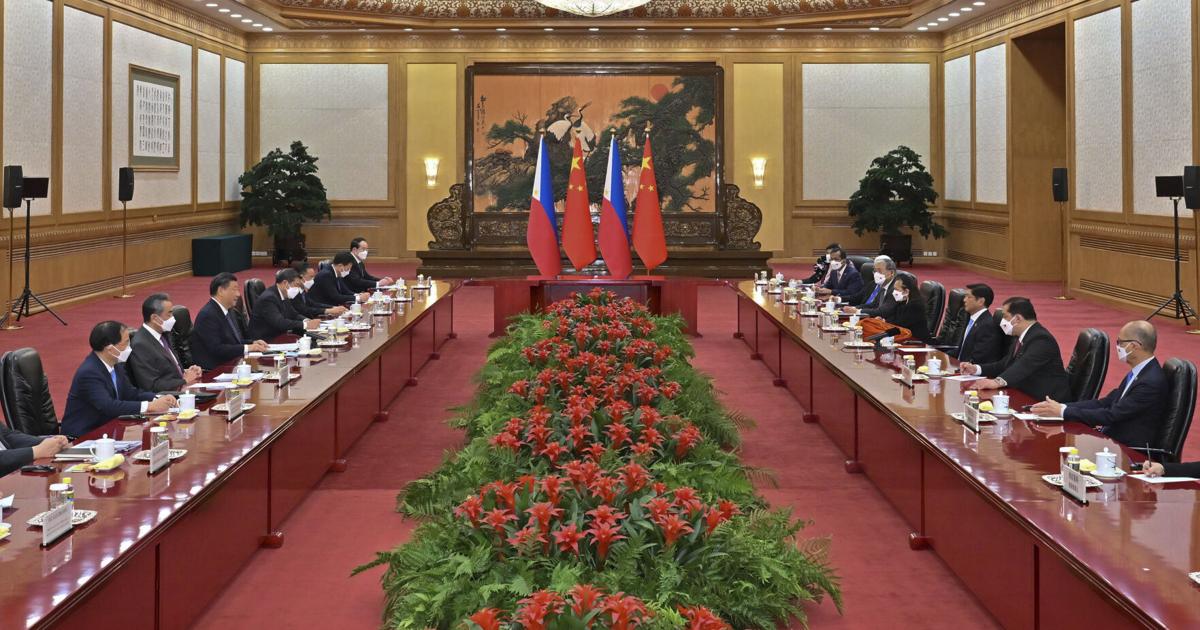
Experts say there is great potential for the future corporation in areas such as transportation, energy, and the digital economy, as well as agricultural modernization, human resources, and tourism.
About the Author
Lumbasio Holman
Contributor
Digital Copy Editor, Digital Content Writer, Digital Publishing, Creative Writer, Feature Writer, and Blogger.


